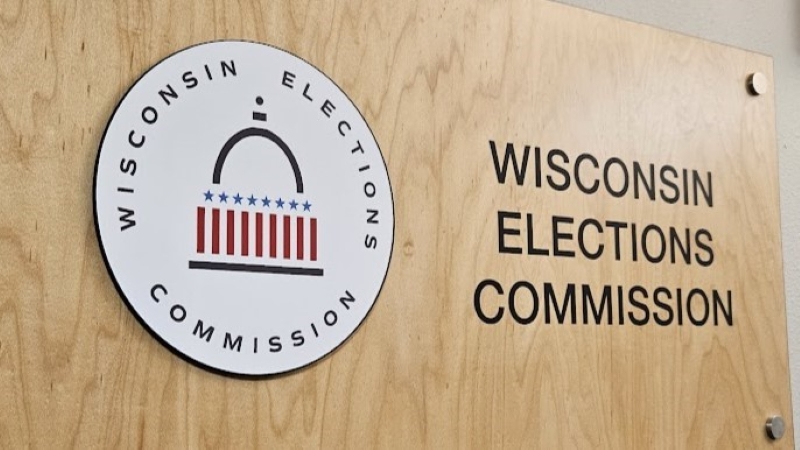It is “unreasonable and absurd” for the Madison attorney to suggest the Elections Commission lacks the power to direct the city clerk to take specific actions after unlawfully failing to count 193 absentee ballots last fall, a commission lawyer argues. Mike Haas, who’s also been serving as Madison’s clerk, last week urged the commission to dial back a series of proposed recommendations it will con...
Please log in to access subscriber content.
If you don't have a subscription, please contact schmies@wispolitics.com for subscription options on the WisPolitics-State Affairs platform, which is the new home for WisPolitics subscriber products.


